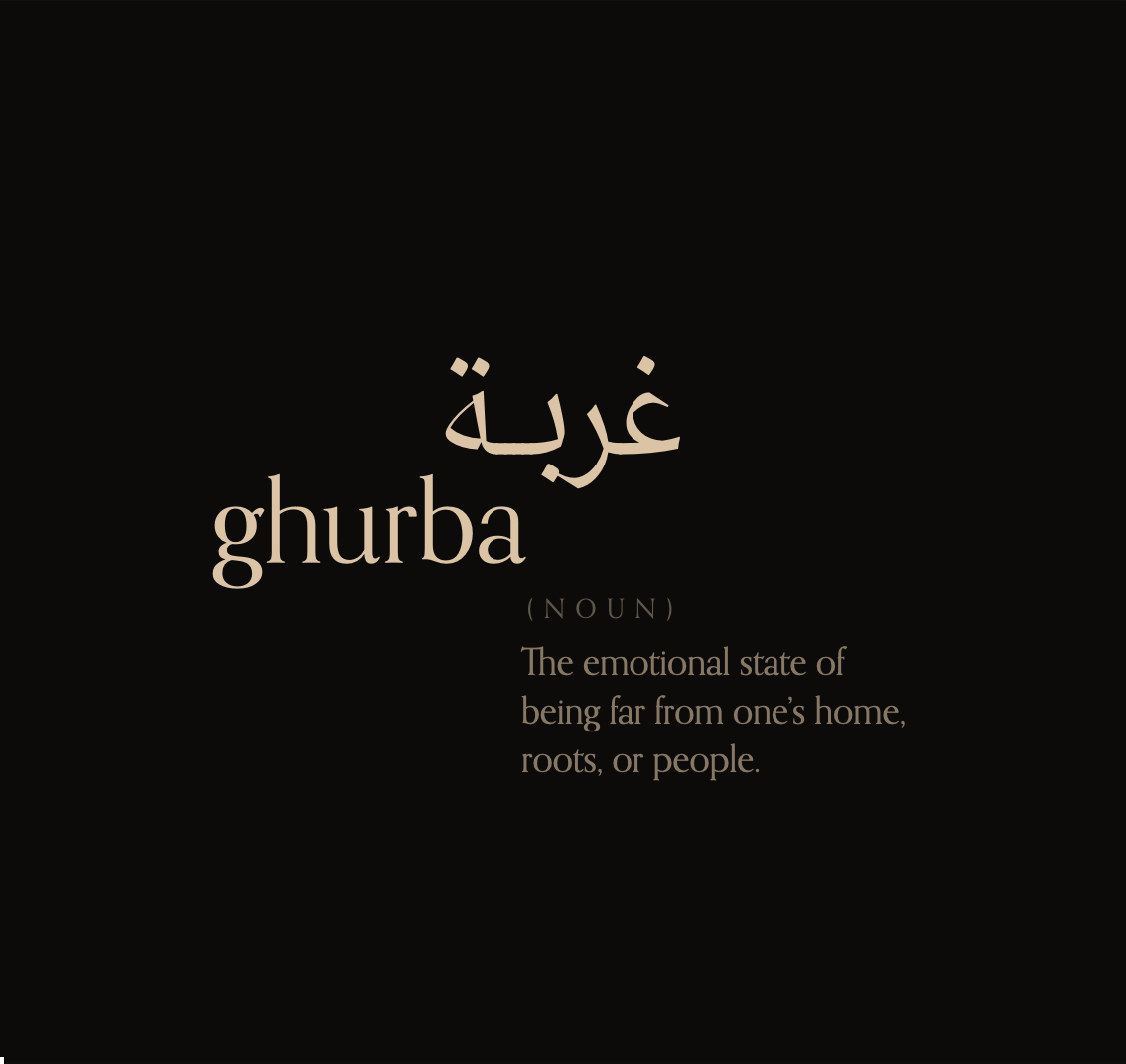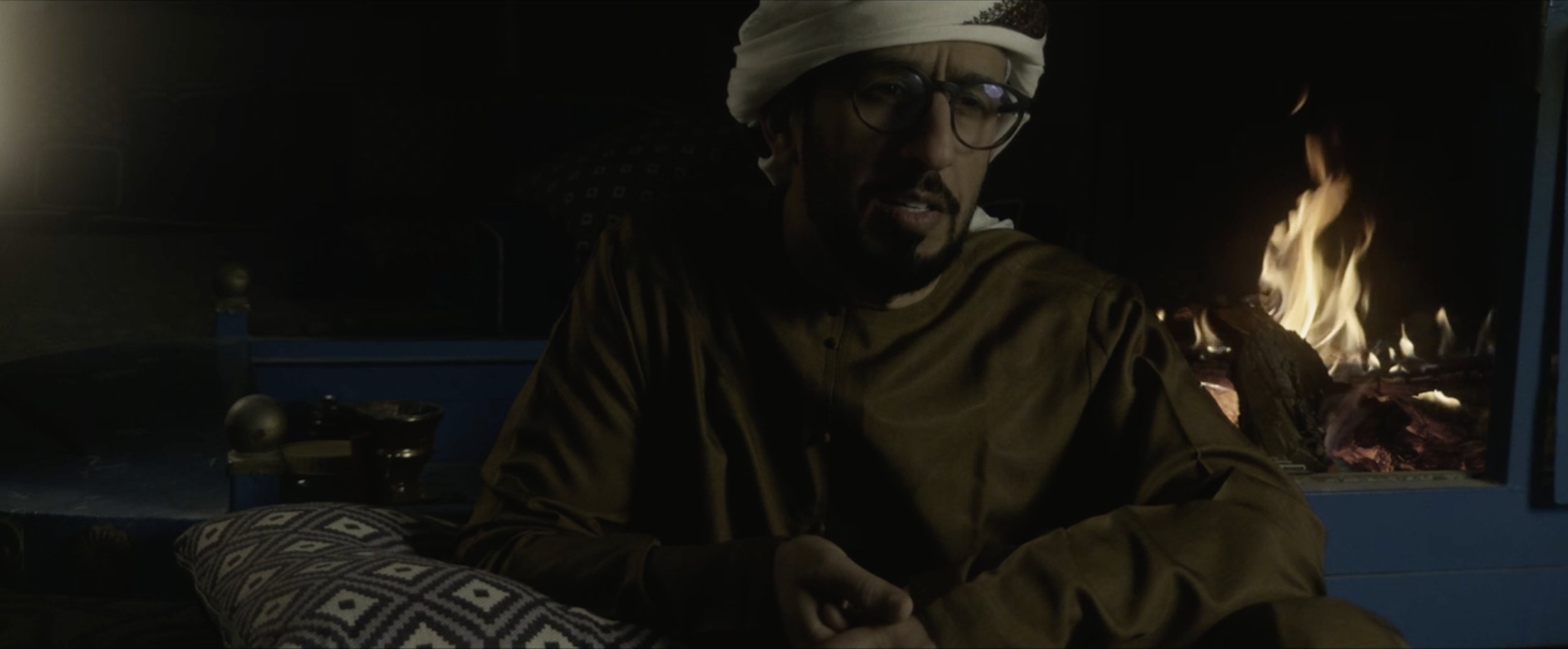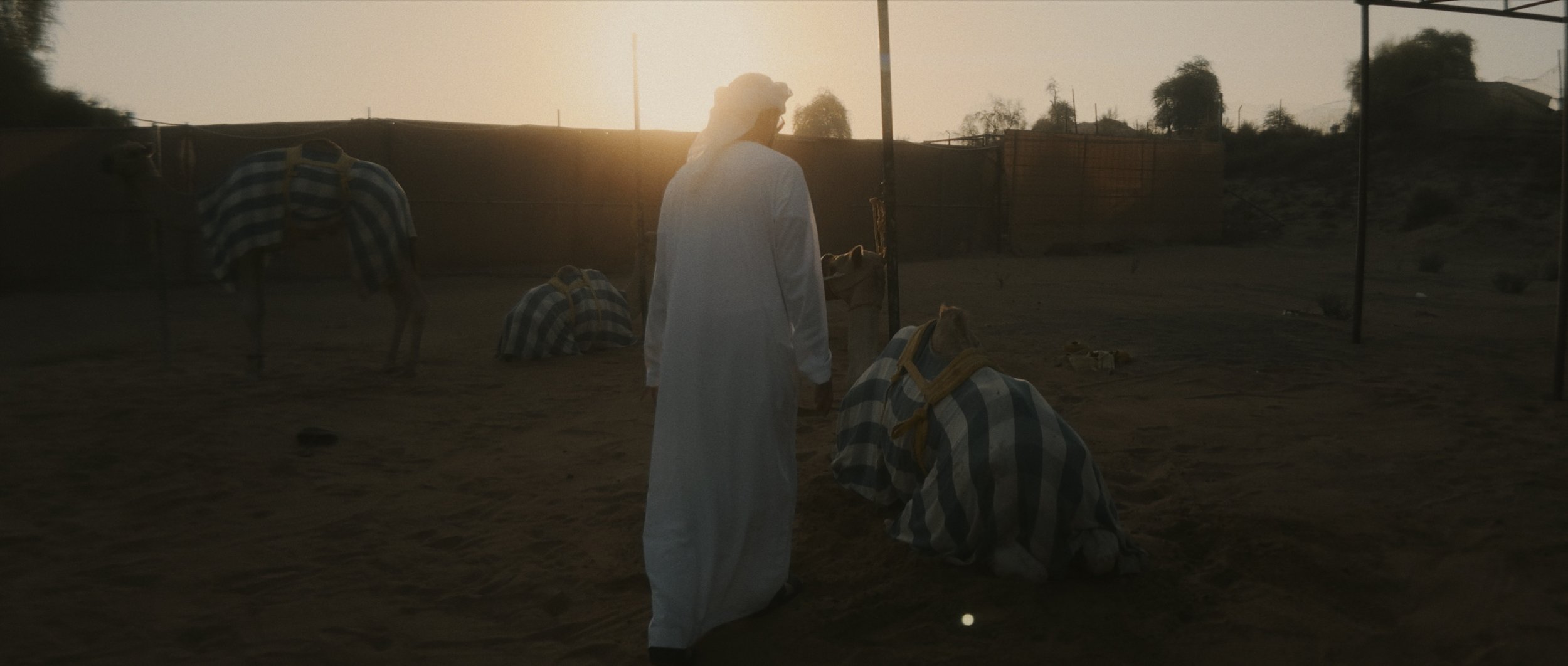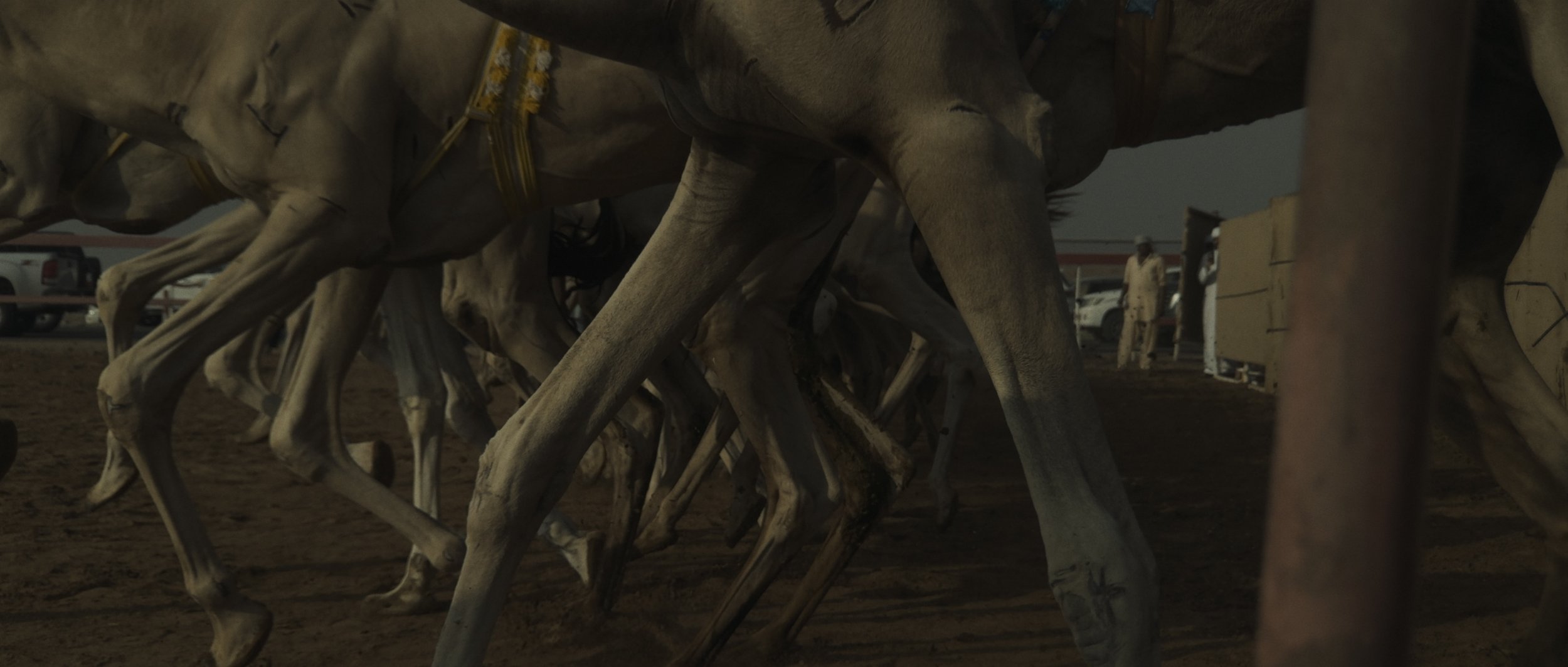A film by Danish Farhan
Long before Dubai’s glittering towers reached the sky, the Bedouin had their desert.
T H E F I L M
A first of its kind portrait of the hidden world of Bedouin culture, camel racing and hope across generations. Dynasties like the Al Tunaijis strive to uphold their ancestral legacy amidst waves of modernity, as they define what it means to be Bedouin today.
Set across 100 days to the nation’s most coveted race as one modern Bedouin finds balance in dual lives.
S H A R E T H I S
G E N R E
R U N T I M E
Documentary
48 minutes
Written, directed, filmed & edited by Danish Farhan
F E A T U R I N G
C R E D I T S
Abdulaziz Al Tunaiji
The Al Tunaiji family
Bedouins of Dhaid
M U S I C B Y
F I L M E D I N
Charlie Ryan
Stephen Keech
Angel Salazar
Rebecca Mardal
Dhaid City, Sharjah
Marmoum, Dubai
Dubai Design District
E N T E R A H I D D E N W O R L D
Histories of the Bedouin
Over a hundred years later, their grandchildren remember the stories as they navigate modern Bedouin life in the village of Dhaid.
Meet Abdulaziz Al Tunaiji
The quintessential modern Bedouin, the film follows intimate and larger than life moments over 4 months between Dubai and Dhaid.
A life of dual worlds between time
The duality of life is visible in every custom, ritual and practice in Dhaid. Three generations that know and love both cosmopolitan Dubai, and the bygone era alive in Dhaid..
A bond through the ages
Preserved remains their emotional bond with camels that were one of the key reasons his father and grandfather survived before the 1960’s.
The last of the Bedouins
Three generations remember the stories and ponder the future of their culture, as they navigate modern Bedouin life
100 days to the nation’s biggest race
The film is a window into the trials, hopes and dreams as Abdulaziz trains his camels for the Dubai Crown Prince’s Race.
“Deeply moving & surprisingly intimate.”
P R E R E L E A S E R E V I E W S
V I D E O S F R O M T H E F I L M
They Were With Our Grandfathers
Chapter Five
Abdulaziz in this scene shares the emotional bond with camels that were one of the key reasons his father and grandfather survived before the 1960’s.
Featured scene
Falcons of Fog
Practiced over generations by a few families who continue to defy the lure of modern pursuits and continue to uphold the beauty of the bird that came to symbolize the nation of UAE.
We Will Always Have our Desert
Extended trailer
The documentary is a window into the hidden world of Bedouin life in the village of Dhaid, where camels are not just animals..

R E C E N T L Y P U B L I S H E D
February 5, 2025
Bedouins of the Wind — finding the tone for Dubai’s indie film
Read on Medium.com
October 22, 2024
Last of the Bedouins — why a film on Dubai’s desert culture
Read on Medium.com
March 13, 2025
Footprints of Bedouins — defining culture in modern Dubai
Read on Medium.com
D I R E C T O R’ S S T A T E M E N T
The film is a poetic ode to a vanishing world that few ever get to witness.
I grew up in Dubai, where tradition and progress move in parallel, where the old and the new exist side by side but rarely touch.
The Bedouins have always been part of the city’s story, even if not often visible to most. I have always been drawn to that space in between—to what is disappearing, to the stories that are slipping from the edges of history.
This film is not an investigation, explanation or reportage. It is a deeply personal observation.
A quiet surrender to the beauty of a people who exist between shifting sands and a changing nation.
Over 100 days, I lived among them—watched, listened, and captured what words often fail to hold. I followed the rhythm of their days, the deep bonds they share with their camels, and the quiet resilience of a culture that refuses to disappear without leaving its trace.
Bedouins of the Wind is not about nostalgia, nor is it a political statement.
It is an attempt to hold onto something ephemeral, to create art from the feeling of watching something beautiful exist on borrowed time.
It is about evoking something in the audience—something unspoken, something felt. Because sometimes, the most powerful thing a filmmaker can do is simply witness.
This is my witness.
D A N I S H F A R H A N
Director, Bedouins of the Wind


S H A R E T H I S















